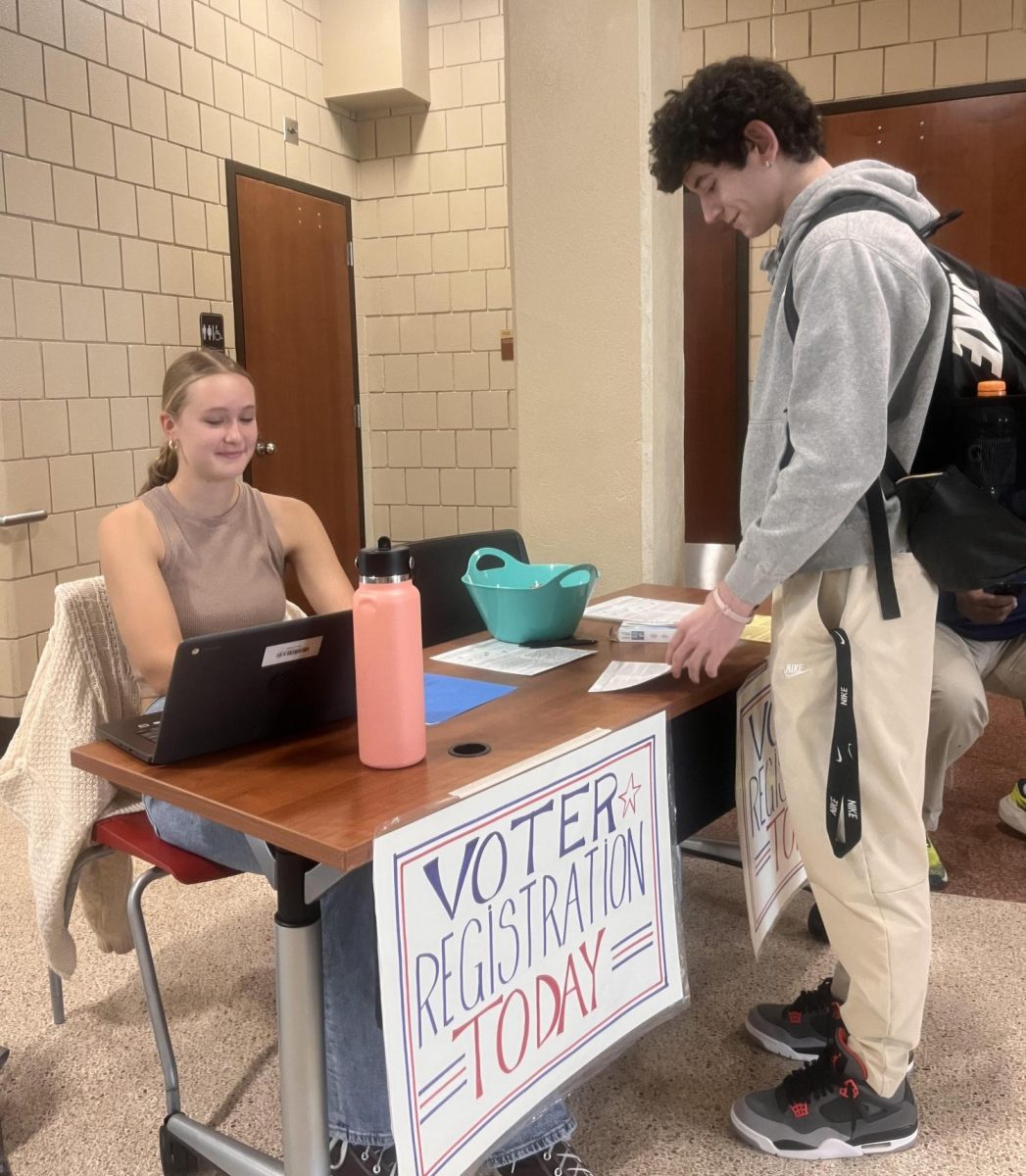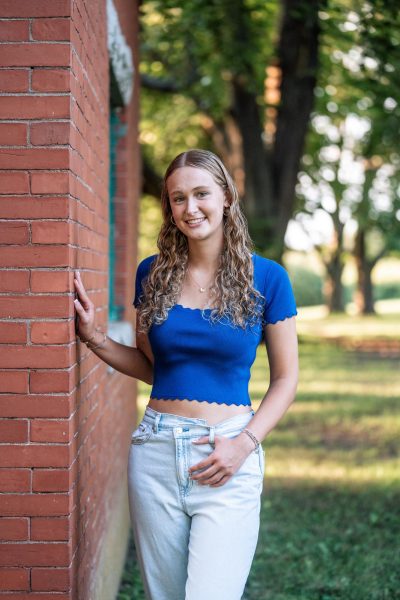In America, younger citizens vote less than older citizens. In a 2022 survey by the Center for Information and Research on Civic Learning and Engagement, CIRCLE, just under 1 in 4 youth citizens cast a ballot in the 2022 election. However, it is becoming more important for young citizens to step up and make their voice heard in American politics.
Americans need to vote because of one vague but crucial reason: it matters. Government officials are in their jobs to work for the common good of America, and since they are chosen by the voters, the voters have the power to control the government. By voting, the average citizen is utilizing their Constitutional right to make their voice heard in government.
According to Jesse Hubbard, who is the Legislative Director for Connecticut’s Secretary of State’s Office and works heavily on voting promotion, “You’re voting for the people around you. You’re voting to enhance their lives. You’re voting for your parents, your friends, your neighbors. It’s not always about who the candidate is.”
When there is a higher number of young people voting, the overall nature of America’s civics improves. Hubbard states that when there is a higher voter turnout in younger age groups, “You will get new types of candidates who appeal more to young people, or who will try to appeal more to young people and listen to their issues.”
The more effort young people contribute towards voting, the greater the shift is within government to both reflect a youthful ideology and introduce updated beliefs into American civics. “We get younger and younger candidates because they’re able to seek out the needs of younger voters, and as we get more younger voters in the state, these candidates rise, and people can relate to them,” says Hubbard.
Hubbard thinks that one of the easiest ways that young adults can become civically involved is through simply making an educated vote: “Taking the candidate’s name and party and all that stuff out of it, and just making sure that people understand that voting is by far the most important.”
In Connecticut, voters can register by mail with a voter registration form or online with a driver’s license or ID. In designated locations in each town, Connecticut offers same-day registration on Election Day.
The importance of voting is understood by multiple students here at WHS. Senior Cate Smathers just turned 18 and plans to vote in November and says, “Today, as a young female voter, I want to know the people we are putting in office, whether that be something as small as Waterford or as big as our entire country.”
Smathers says, “Now, being old enough to contribute to my future, I want to take action.”
Senior Emma Smathers agrees, stating, “I feel motivated to vote because as young citizens, getting our voice heard can change our future.”
Hubbard believes that the mindset of a young voter should aim to benefit their community. “I’m going to do something for the person on the left, right, and something that benefits us all because I believe in candidate A or candidate B and what they’re doing and how they’re going to help us.”
Those who are not yet old enough to vote can find ways to get involved in the voting process, as well. “You can help out with an election. I see more and more of young people who are actually working at the polls volunteering that day.” In Waterford, this can look like volunteering at the local Republican headquarters or even just searching for possible jobs relating to voting at Town Hall.
Citizens do not and should not have to wait until they can vote to be politically involved. Hubbard explains about those who volunteer at polls, “Their parent or grandparent did it and they watched them, they used to go or they remember getting that sticker that said ‘I voted’ as a kid. Little things like that stick with people.” Civic participation can start to be emphasized from a young age.
In general, American democracy was set up to involve all of its citizens. Whether that be through voting, volunteering, or even just being educated on the significance of political events, governmental participation is accessible to those who have the urge to contribute to the country’s civics.
Connecticut’s Secretary of State, Stephanie Thomas, emphasizes to the younger community, “On election day, it’s not always easy, but wake up and go to the polls, and then the following day, wake up and be engaged and be civically involved.”




Alice Helweg • Mar 18, 2025 at 5:40 pm
Katie I love you!!!
Love your cousin,
Alice Helweg